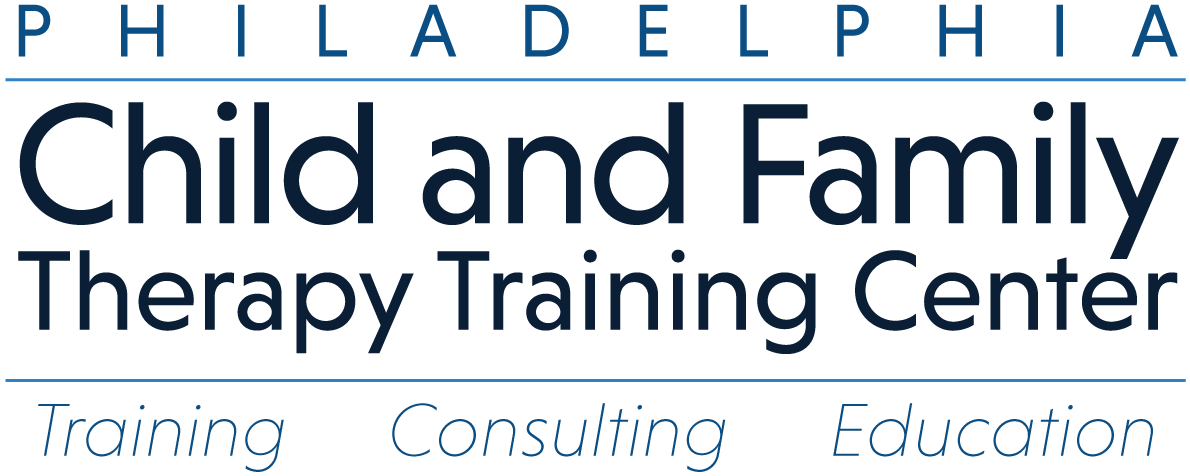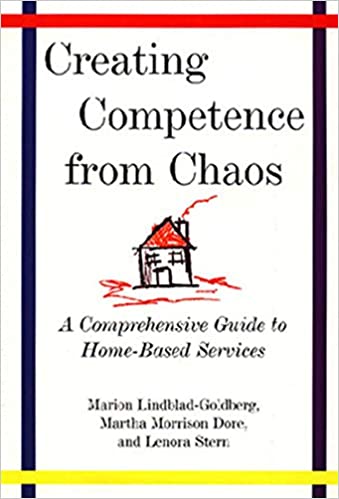
Supervision is a crucial part of professional development in systemic family therapy. It’s more than just a place to discuss cases; it’s a space for reflection, growth, and transformation. How you show up—both mentally and emotionally—can shape the experience and impact your clinical work.
What to Do:
✅ Come Prepared – Review your cases beforehand. Identify specific challenges, themes, or questions to discuss. Supervisors appreciate when you take ownership of your learning by bringing relevant material to the conversation.
✅ Be Open to Feedback – Supervision is an opportunity to learn, not to prove yourself. Approach it with a growth mindset. Acknowledge areas where you need support and be receptive to constructive criticism.
✅ Engage in Self-Reflection – Systemic family therapy requires an awareness of your own patterns and biases. Use supervision to explore how your personal experiences may be influencing your work with families.
✅ Participate Actively – Don’t just passively receive feedback—ask questions, challenge ideas, and explore different perspectives. Engaged participation leads to richer discussions and deeper learning.
✅ Integrate Theory and Practice – Link your clinical work to systemic principles. Discuss how concepts like boundaries, hierarchy, and enactments show up in your sessions and how you are applying them in real time.
What Not to Do:
🚫 Arrive Unprepared – Coming to supervision without specific cases or questions limits the potential for meaningful discussion. Supervision is most effective when you contribute actively.
🚫 Be Defensive – If you resist feedback or justify every decision, you close yourself off from growth. Instead, embrace supervision as a place to challenge your thinking and refine your approach.
🚫 View It as a Formality – Supervision is not a box to check; it’s an integral part of becoming a stronger therapist. Show up engaged and ready to learn.
🚫 Ignore Your Own Emotional Responses – Your reactions to families offer valuable insight. If you dismiss or suppress them, you miss an opportunity to deepen your self-awareness and clinical intuition.
Final Thoughts:
How you show up to supervision matters. When you engage with curiosity, openness, and intentionality, you maximize your growth as a systemic family therapist. Supervision is a powerful space—use it wisely!



Leave a Reply